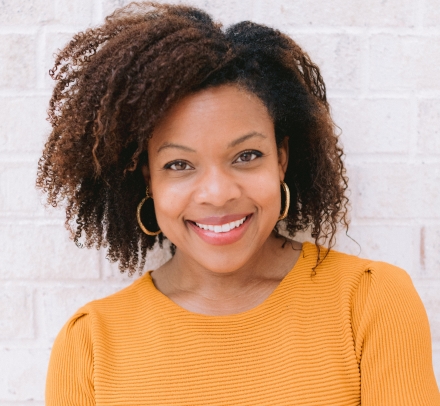Clinic Description
Clinic students engage in innovative applications of criminal defense lawyering. They work as holistic, collaborative defense attorneys for people facing misdemeanor charges in New York criminal courts. The clinic also partners with organizations in communities that experience intensive criminal law regulation. Students serve as attorney–consultants to grassroots organizations engaged in systemic and transformative change in criminal law and adjacent fields.
Instructor: Amber Baylor, Clinical Professor of Law; Mia Jackson-Rosenthal, Clinical Teaching Fellow
Experiential Credits: 7 credits (3 for the seminar; 4 for fieldwork)
Available in: Fall 2025 and Spring 2026
The Seminar
The clinic seminar focuses on theoretical approaches to defense and community lawyering, developing defense advocacy tools, and gaining context for systemic issues in local criminal law. Students will think expansively and critically about the role of defense attorneys and organizations in the seminar through reflection exercises, simulations, rounds, and conversations with experts. The course asks students to consider how public defense lawyers work toward a transformative vision of more humane cities.
Students in the clinic can expect to:
- Analyze misdemeanor criminal regulation and systemic injustices.
- Build litigation and trial tools, including written and oral advocacy.
- Develop client-centered, trauma-sensitive lawyering practices.
- Delve into in-depth fact investigation, including visits to scenes and interviews of witnesses.
- Engage recent criminal law reforms and their impacts.
- Explore and engage in community lawyering practices, both with individual clients and organizational partners.
- Think expansively about defense advocacy and the role of defenders.
- Learn to build client narratives and hone negotiation skills.
- Collaborate with interdisciplinary experts.
Fieldwork
Students in the clinic work as lead counsel to represent individuals facing misdemeanor charges in New York City courts. They work with individuals, client’s families, community organizations, and experts in various disciplines to provide holistic defense. At times, students will advocate on related matters for the clinic’s clients, such as conditions of incarceration and consequences of criminal records.
Students engage in a class-wide advocacy project supporting organizations working toward minimizing reliance on misdemeanor regulation and surveillance, developing safety alternatives, or addressing the impacts of criminalization and incarceration. The project work allows students to participate in system change, gain a diverse set of lawyering tools, collaborate with nonlawyer experts, and consider the nuanced role of attorneys in supporting transformative grassroots advocacy.
Students meet weekly with the professor to reflect upon and discuss their substantive work, lawyering styles, and professional goals.
Important Information
The course is open to 12 students. Both J.D. and L.L.M. students are eligible. Preference will be given to students who have taken, or are currently enrolled in, Criminal Investigations and Evidence. Please email Amber Baylor ([email protected]) to discuss the clinic in more detail.
Past Project Work
In prior semesters, students have worked to:
Draft legislation with the organizing team at The Brotherhood Sister Sol and its partners for student representation and enfranchisement in New York City Department of Education policymaking bodies. Earlier semesters of students conducted comparative research and prepared policy material with The Brotherhood Sister Sol, leading to the draft bill. Student teams also developed related education and organizing materials.
Prepare community legal education presentations and engagement materials for New York youth on the Youth Justice and Opportunities Act with The Brotherhood Sister Sol and its coalition partners.
Work on strategy and drafting of various policy initiatives emphasizing New York City public school student wellness and discouraging suspensions and criminalization of predominantly Black and Latinx students with The Brotherhood Sister Sol’s organizing team.
In prior semesters, students have worked to:
Present models for reforming resource allocation to directly impacted people with the Bronx Cannabis Hub in preparation for testimony before the state legislature about New York retail cannabis social equity programs.
Collaborate on a drug war reparations campaign with Marijuana Justice. Students developed a historic overview and presentation of local drug war policy and impacts for the organization targeted towards community members and policymakers.
Support strategic impact litigation through research related to drug war repair with Law For Black Lives.
